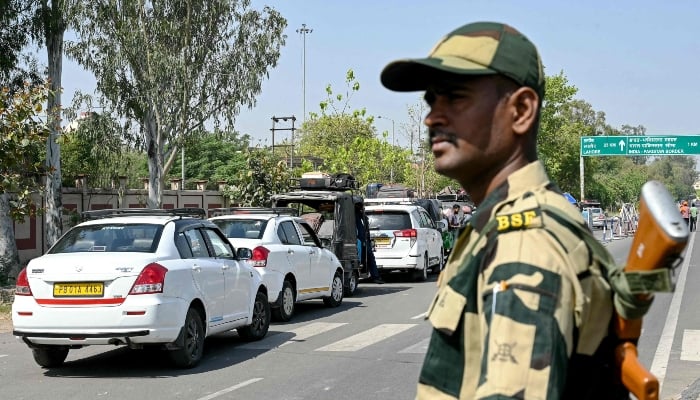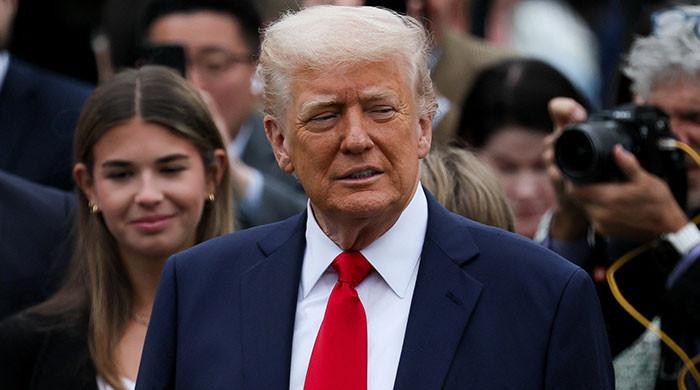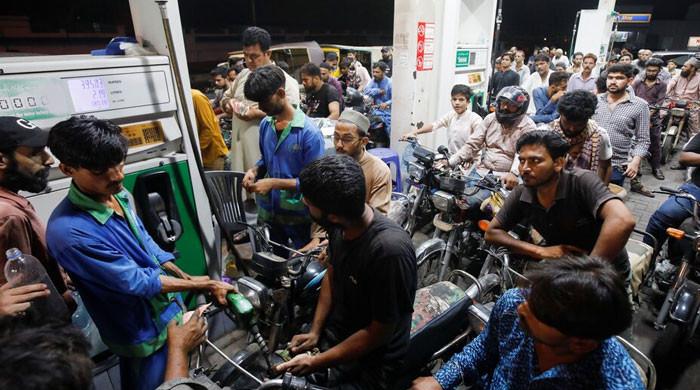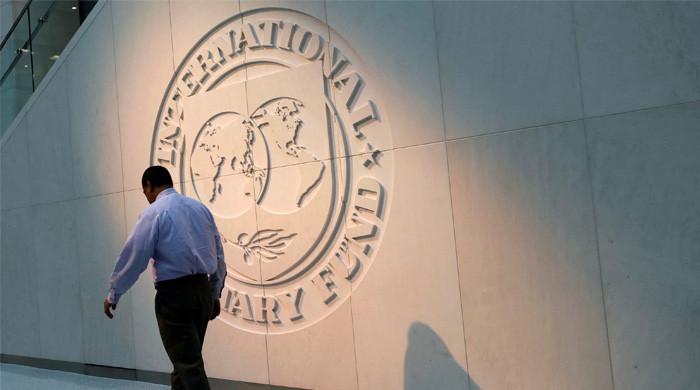IWT and lawfare in South Asia
On its part, Pakistan’s response was measured and principled
April 27, 2025

Immediately after the terrorist incident at Pahalgam, India proceeded to a series of illegal, unlawful and unethical acts.
First, it chose to indict a ‘country’ for a criminal act, which is against all established principles of international and national law. Criminal liability, as against civil liability, is always specific; no amount of assumptions can substitute for specificity. India, by doing so, clearly failed in its state responsibility that required it to investigate before blaming someone.
This state responsibility is not artificial but is etched in Article III of the Basic Principles and Guidelines on the Right to a Remedy and Reparation for Victims of Gross Violations of the International Human Rights Law and Serious Violations of International Humanitarian Law passed in 2005 by the UN General Assembly through Resolution 60/147.
Second, adding to this highly irresponsible act by a state that claims to be a ‘constitutional democracy’, India then chose to use more generalisation and pronounced ‘conviction’ and ‘judgment’ in one breath: it unilaterally and arbitrarily adjudged a ‘country’ as the culprit for the incident.
Third, without any specifics, it proceeded to sentence Pakistan (not for the very incident) by putting the Indus Waters Treaty, 1960 (IWT) in ‘abeyance’. The use of the term ‘abeyance’ that India used for exiting the IWT shows that it is bankrupt insofar as the legal reasoning is concerned. In addition, the role-playing by India as policeman, juror, prosecutor, judge and executioner in this matter clearly establishes that it is not interested in lawful and peaceful co-existence with its neighbours. It evades truth and justice. Interestingly, all the legal and diplomatic salvos were fired simultaneously by India: it also revoked all visas, declared Pakistan’s diplomats (military) persona non grata and closed the Attari border.
Fueling its information machine with false narratives based on misinformation and disinformation, India attempted to politicise a criminal justice issue by escalating it into a matter of international peace and security. These actions were inconsistent with the weakening international legal order, which vests the UN Security Council with the authority to address such situations. Nonetheless, from both an ethical and international law perspective, reneging on a legal obligation violates the customary international law principle of pacta sunt servanda – the principle that agreements must be kept. Ultimately, this principle serves as the overarching foundation of international law and holds overriding authority over the technicalities embedded in the dispute resolution mechanisms of the IWT.
On its part, Pakistan’s response was measured and principled. Its position was grounded in the UN Charter when it stated that India's act of putting the IWT in ‘abeyance’ would be construed as an ‘act of war’. The language employed by one nuclear power to communicate with another nuclear power could not have been more diplomatic yet firm. The declaration that India's actions constituted an act of war emanated from Article 51 of the UN Charter, which guarantees a country’s right to self-defence in the face of aggression. The message was clear: lawfare is the only workable framework; anything outside of this framework would have consequences for both countries.
Since the incident, experts working in the area of lawfare have offered various workable legal solutions, from reviving the IWT dispute resolution mechanism to taking the matter to the UN Security Council. However, the hostile environment stoked by hatred and a hawkish approach by India is rapidly eroding the trust and patience required to manage such situations.
India has been carrying out terrorist attacks on Sikhs in Canada, the UK, and the US for some time, while accusing others of what was evidently and demonstrably its own strategy. India did face pushback from the pre-Trump 2.0 West, which is now more divided than ever. Pakistan has little or nothing to lose by departing from the lawfare framework, as it has long been dealing with existential threats and has developed the resilience to face any eventuality. For India, however, the situation will not be as favourable, owing to the latest economic standoff between the US and China, which has nudged China to take a clearer position on many issues, including choosing one of its neighbours over the other.
Along with other legal options in the lawfare framework, one legal option that is recognised in the national legal framework of India and Pakistan is to use their extra-territorial jurisdictions (conferred under the Code of Criminal Procedure) as universal jurisdiction against terrorism. This first step will downgrade the matter to the genus of criminal justice issues as against its present formulation in India, which styles it as an issue of international peace and security.
Second, the joint investigation mechanism should be evolved by utilising the principles of international cooperation and mutual legal assistance as contained in the United Nations Convention on Transnational Organized Crime, 2002 (which is not designed for terrorism, but has useful guidance on international cooperation in criminal justice matters).
In all of this, time is of the essence: for the collection of evidence as well as for de-escalating the conflict; delay may prove fatal for all.
The writer is a serving police officer, working as DIG Technical Procurement for the Punjab Police, Lahore.
Disclaimer: The viewpoints expressed in this piece are the writer's own and don't necessarily reflect Geo.tv's editorial policy.
Originally published in The News











